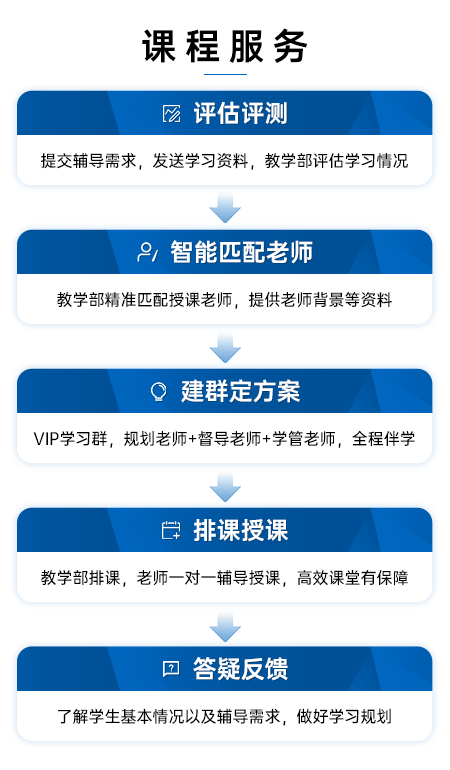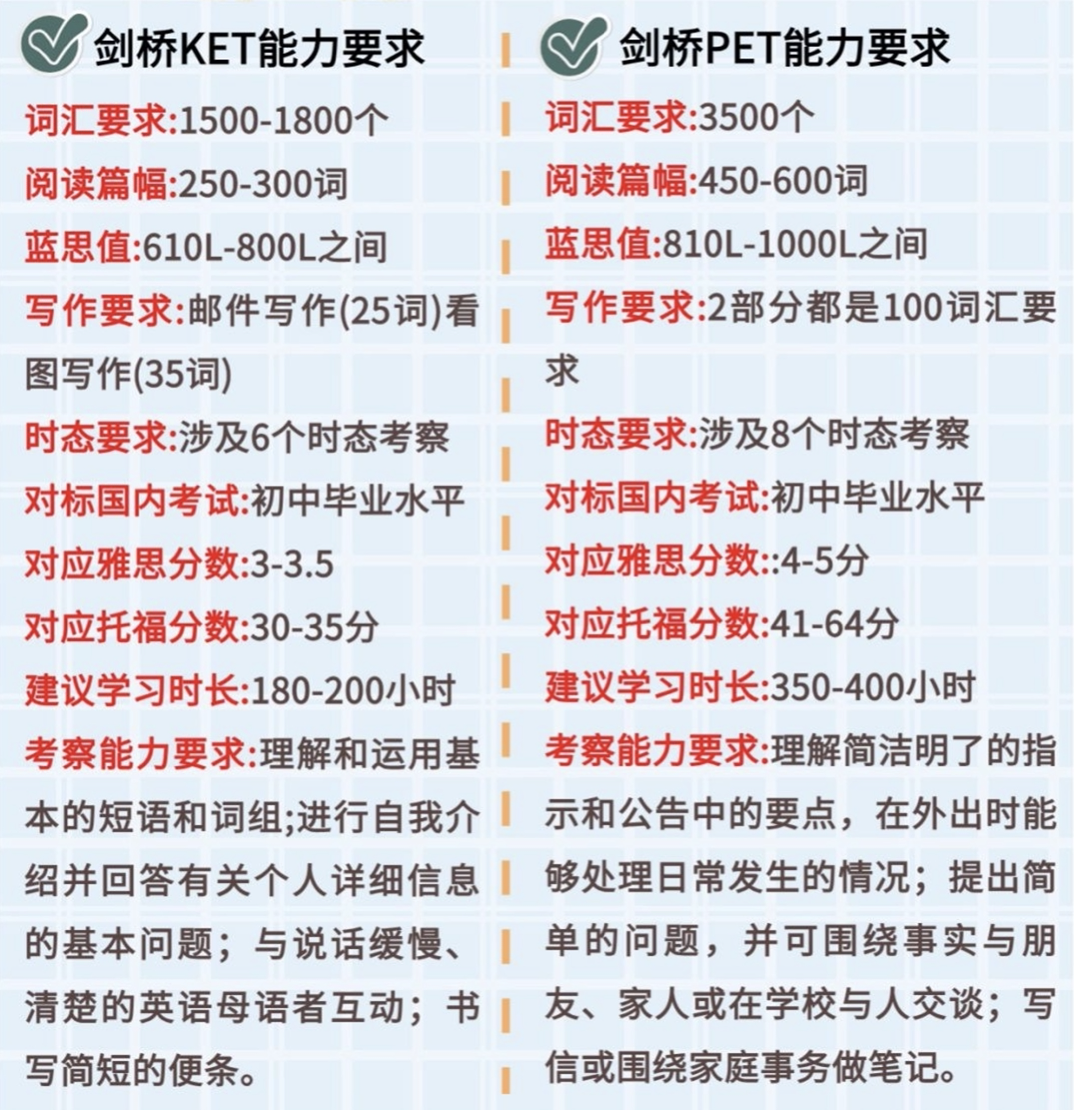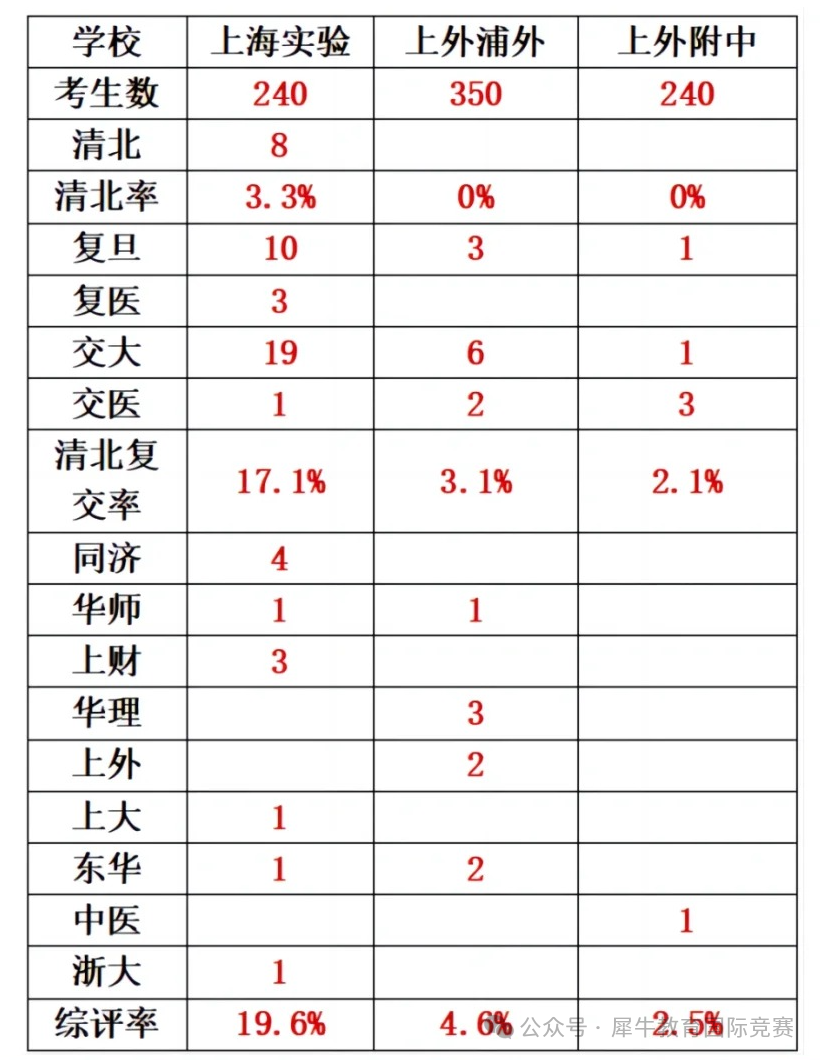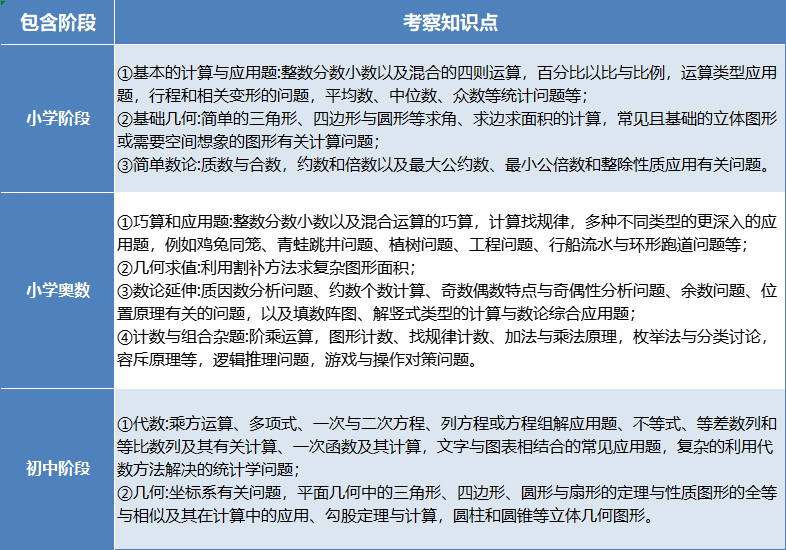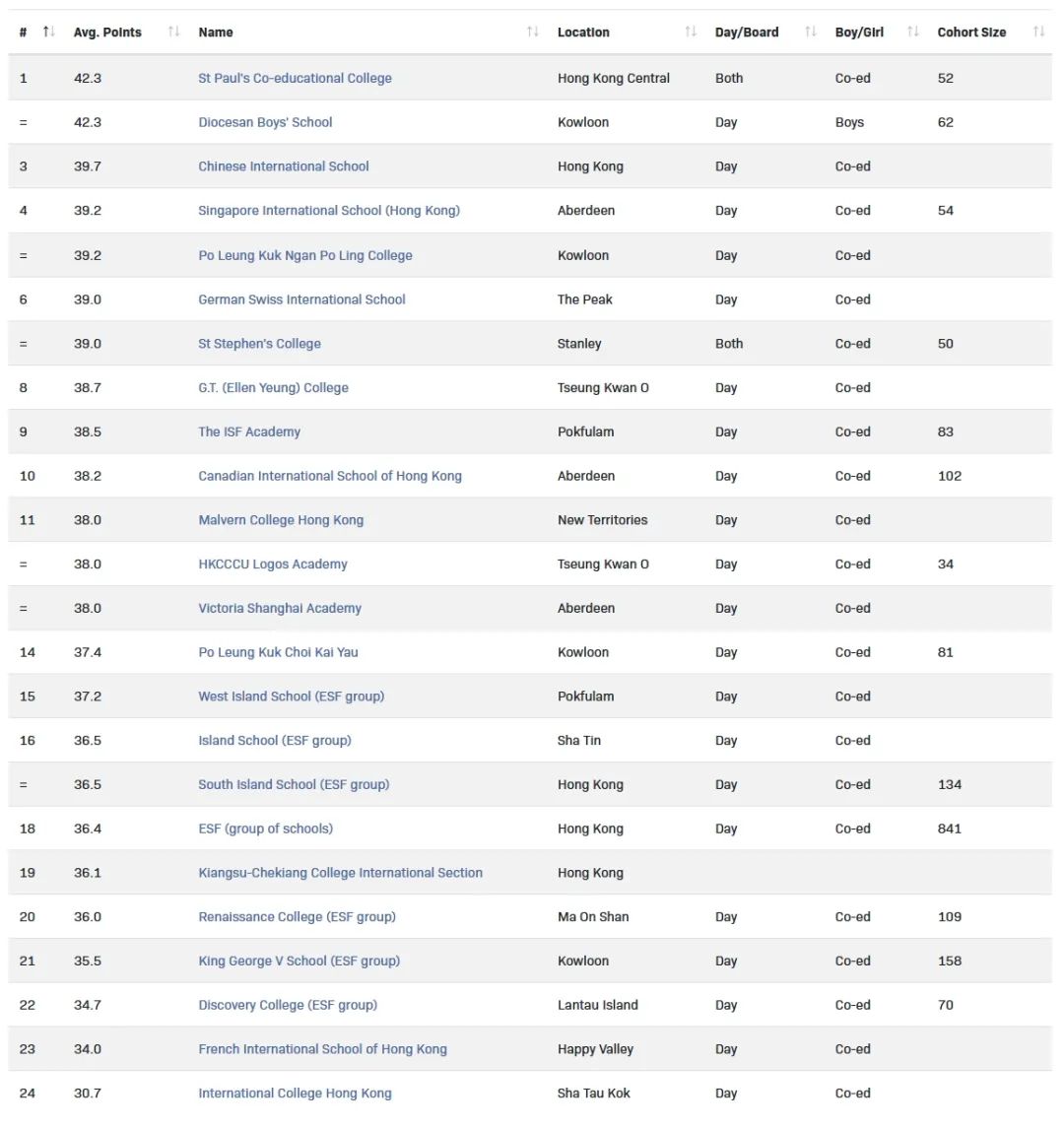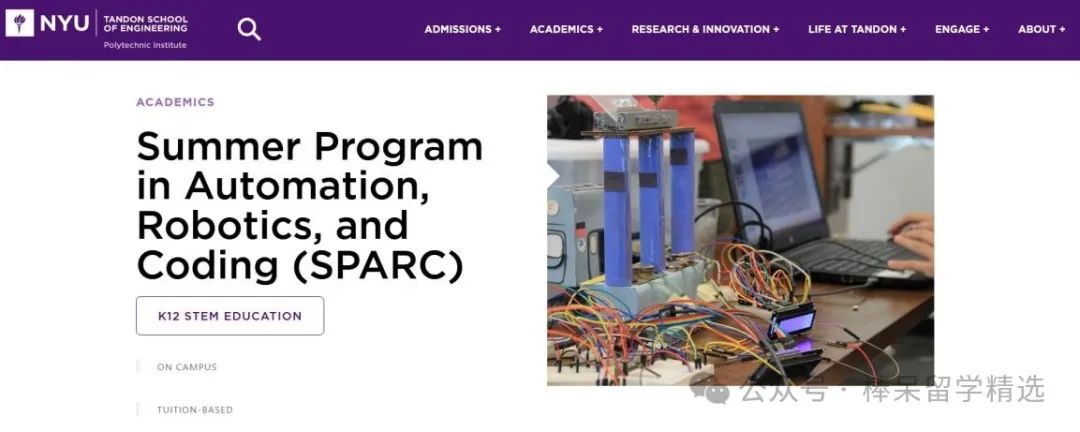本期为大家推荐阿姆斯特丹大学、哥本哈根大学最新2025岗位制博士项目信息。
阿姆斯特丹大学
PhD Position: Simulation Tool to Compare Outcomes of Treatments in Psychopathology
UvA |Faculty of Social and Behavioural Sciences
APPLICATION DEADLINE:5 January 2025
Faculty/Services:Faculty of Social and Behavioural SciencesEducational level:MasterFunction type:PhD positionClosing date:5 January 2025Vacancy number:13678
We are looking for a PhD candidate to join our research project entitled “Simulation tool to compare outcomes of treatments in psychopathology”. The project is part of the Gravitation grant “New Science of Mental Disorders”.
The aim of this project is to build a tool to help in deciding which treatment for a given mental disorder is optimal considering patient-specific information and using network-based computer simulations.
Simultaneously with this project, another PhD project will start with whom you will be working closely. This project is led by Prof. Reinout Wiers, dr. Lourens Waldorp, dr. Jonas Haslbeck and dr. Lynn Mobach and dr. Tessa Blanken.
Create computational tools for clinical interventions
The first part of the project is building the simulation tool. This requires mapping out the most important available interventions and formalising them so that the outcomes of interventions can be simulated. We will be able to evaluate the benefit of the simulation tool in an empirical setting using an e-health program offered to students (Caring Universities). This allows us to evaluate and further develop the computational tool . Finally, the computational tool is further adapted to be applied to more general clinical settings using information from clinical experts. The upgrade is tailored to just-in-time adaptive interventions, where parts of the intervention are adapted such that they correspond to the tracks of the highest success rates provided by the computer simulations.
The PhD student will help achieve the objectives. They will do so in collaboration with the supervisors, other colleagues, and other PhD students within the same track. The PhD candidate is to join our research project entitled “Simulation tool to compare outcomes of treatments in psychopathology”. The project is part of the Gravitation grant “New Science of Mental Disorders”
Teaching is limited to 5% of the contracted hours, by assisting in courses and supervising (bachelor) thesis students.
What are you going to do
To help achieve the above objectives, research tasks will include the following.
You will:
- Review literature on interventions on networks and in practice
- Do conceptual and formal work on the mapping between real life interventions and hypothetical network interventions
- Program network models and perform simulations of possible outcomes from the interventions
- Rest and validate the simulations on students from Caring Universities, and adapt the simulation accordingly (together with corresponding PhD)
- Meet with experts to improve the performance of the simulation tool
- Test the simulation tool in a more complex patient population (together with other PhD)
What do you have to offer
A promising candidate has proven affinity both with conceptual (clinical) issues, as well as with the statistical models that are used in psychology. The project involves learning about clinical interventions, and about formalising them, so that we will be able to represent interventions in formal models. Additionally, the project will be about modeling individual patients. Therefore the candidate should feel comfortable engaging with these topics. Large scale simulations will also be part of this project, therefore a promising candidate will also have affinity with doing simulations in R.
Your experience and profile:
- A master's degree with specialisation in psychological methods or a related discipline
- Skilled in formal modelling.
- Experience with programming in R.
- Affinity with clinical applications, specifically psychopathology.
- Experience with networks.
- Excellent written and spoken command of English.
What else do we offer you
The position concerns temporary employment of 38 hours per week. The initial employment is for one year. Following a positive assessment and barring altered circumstances, this term will be extended for a total duration of 4 years, which should result in the conferral of a doctorate. We will put together a curriculum which will also include the opportunity to attend training courses and both national and international events.
The UvA offers excellent possibilities for further professional development and education.
What more?
- A position in which initiative and input are highly valued.
- An enthusiastic and warm team that is open to new colleagues.
- An inspiring academic and international working environment in the heart of Amsterdam.
- You will become a member of a graduate school. The graduate school that best fits this PhD project is IOPS, seethis linkfor more information.
In this department you will work
You will work in thePsychological Methods group, which is part of the Psychology department of the University of Amsterdam. Colleagues in the Psychological Methods group will work on various topics related to the methods that are used in psychology research, including: psychological network methodology, Bayesian methods, mathematical psychology, psychometrics, dynamical systems modelling, theory construction methodology and behavioural data science. As a PhD student you will also be part of the New Science of Mental Disorders, in which several related PhD projects are embedded. You will be working together with several other PhDs and postdocs of the NSMD.
If you recognize yourself in this profile and are interested in the role, we look forward to receiving your motivation letter and CV. You can apply via the red buttonuntil5 January 2025. Interviewswill take place at the end of January 2025. In case of equal qualifications, internal candidates will be given preference over external candidates.
Applications in .pdf should include:
- a curriculum vitae.The curriculum vitae should include the contact details (email address and phone number) of two references.
- a cover letter (max 500 words).The cover letter should address the candidate’s fit to the project (especially regarding the sections‘what are you going to do’and‘what do you have to offer’in this vacancy).
For questions about the vacancy, you can contact:
- Reinout Wiers, Professor of Developmental Psychology, specialized in addiction,r.w.wiers@uva.nl
- or
- Lourens Waldorp, Associate Professor of Psychological Methods,l.j.waldorp@uva.nl
哥本哈根大学
PhD fellowship in Microbiology and Immunology
University of Copenhagen |Faculty of Health and Medical Sciences
APPLICATION DEADLINE:26 January, 2025
We are offering a fully funded PhD fellowship inMicrobiology and Immunologycommencing 1 May 2025 or after agreement.
Our group and researchThe Parasites, Immunology and Gut Health (PIGH) group applies animal models andin vitrocell culture techniques to explore host-pathogen-microbiome interactions and nutritional immunology. The group is a multidisciplinary team embedded within the Department of Veterinary and Animal Sciences, with close links to other sections working on diseases, food chemistry, natural product chemistry, and the gut microbiome. Our aims are to develop novel therapies to prevent infection and disease in animals and humans. The group is international in nature, and the daily working language is English.
Project description
The role of nutrition and dietary components in regulating mucosal immune function is becoming a new and exciting research area. Our group is interested in how dietary components and the gut microbiota interact to regulate immunity at mucosal surfaces, which is critical for protection against pathogens but can also cause pathologies such as IBD when dysregulated.
The PhD project will focus on polyphenols, a class of common dietary compounds with putative health benefits. We aim to determine how polyphenols interact with gut bacteria to produce metabolites with immunomodulatory activity. We will use molecular microbiology, transcriptomics, and gene editing to uncover metabolic pathways involved in polyphenol breakdown. Finally, we will use mouse models of bacterial and parasitic infection to determine if synbiotic treatment with polyphenols and defined bacteria enhances mucosal immunity to infection. Full training will be provided. The PhD student will also contribute to teaching in the section.
The project is a collaboration with the Phage and Quorum Sensing group lead by Associate Professor Nina Molin Høyland-Kroghsbo at the Department of Plant and Environmental Sciences, and the PhD student will work in both research groups. Moreover, the project will involve an international stay of several months at the University of California, Davis, USA, which will take place at the beginning of the PhD.
Principal supervisorisAssociate Professor Andrew Williams, Department of Veterinary and Animal Sciences.arw@sund.ku.dk
+45 3138 3122
Start: 1 May 2025
Duration: 3 years
Job descriptionYour key tasks as a PhD student at SUND are:
- Carrying through an independent research project under supervision.
- Completing PhD courses or other equivalent education corresponding to approximately 30 ECTS points.
- Participating in active research environments including a stay at another research team, likely abroad.
- Obtaining experience with teaching or other types of dissemination related to your PhD project.
- Teaching and disseminating your knowledge.
- Writing a PhD thesis on the grounds of your project.
Key criteria for the assessment of applicantsApplicants must have qualifications corresponding to a master’s degree related to the subject area of the project, e.g. Microbiology, Immunology, Biology, Biotechnology. Please note that your master’s degree must be equivalent to a Danish master’s degree (two years).
Other important criteria are:
- Ability to multi-task.
- Fluency in written and spoken English.
- Ability to work both independently and as part of a team.
- A desire to contribute to a great working environment.
- High level of self-motivation.
- Experience or interest in working with experimental animals.
- Demonstrated experience with any of the following techniques is desirable but not essential: Bacterial transformation and cloning, qPCR, flow cytometry, handling of transcriptomic and/or metabolomics data.
Place of employment
The place of employment is at the Department of Veterinary and Animal Sciences, Faculty of Health and Medical Sciences, University of Copenhagen. We offer creative and stimulating working conditions in a dynamic and international research environment. Our research facilities include modern laboratories and facilities for experimental animal studies.
Terms of employmentThe average weekly working hours are 37 hours per week.
The position is a fixed-term position limited to a period of 3 years. The start date is 1 May 2025 or after agreement.
The employment is conditioned upon the applicant’s successful enrolment as a PhD student at the Graduate School at the Faculty of Health and Medical Sciences, University of Copenhagen. This requires submission and acceptance of an application for the specific project formulated by the applicant.
The PhD study must be completed in accordance with The Ministerial Order on the PhD programme (2013) and the Faculty’s rules on achieving the degree.
Salary, pension and terms of employment are in accordance with the agreement between the Ministry of Finance and The Danish Confederation of Professional Associations on Academics in the State. Depending on seniority, the monthly salary starts at approximately 30,700 DKK/Roughly 4,100 EUR (April 2024 level) plus pension.
QuestionsFor specific information about the PhD fellowship, please contact the principal supervisor.
General information about PhD studies at the Faculty of Health and Medical Sciences is available at the Graduate School’s website:
https://healthsciences.ku.dk/phd/guidelines/
Application procedureYour application must be submitted electronically by clicking ‘Apply now’ below. The application must include the following documents in PDF format:
- Motivated letter of application (max. one page)
- CV incl. education, experience, language skills and other skills relevant for the position
- Certified copy of original Master of Science diploma and transcript of records in the original language, including an authorized English translation if issued in other language than English or Danish. If not completed, a certified/signed copy of a recent transcript of records or a written statement from the institution or supervisor is accepted. As a prerequisite for a PhD fellowship employment, your master’s degree must be equivalent to a Danish master’s degree. We encourage you to read more in the assessment database: https://ufm.dk/en/education/recognition-and-transparency/find-assessments/assessment-database. Please note that we might ask you to obtain an assessment of your education performed by the Ministry of Higher Education and Science
- Publication list (if applicable)
- Reference letters (if any)
Application deadline:26 January 2025, 23.59pm CET
We reserve the right not to consider material received after the deadline, and not to consider applications that do not live up to the abovementioned requirements.
The further processAfter the expiry of the deadline for applications, the authorized recruitment manager selects applicants for assessment on the advice of the hiring committee. All applicants are then immediately notified whether their application has been passed for assessment by an unbiased assessor.
The assessor makes a non-prioritized assessment of the academic qualifications and experiencewith respect to the above-mentioned area of research, techniques, skills and other requirements listed in the advertisement.
Once the assessment work has been completed each applicant has the opportunity to comment on the part of the assessment that relates to the applicant themself.
You find information about the recruitment process at:https://employment.ku.dk/faculty/recruitment-process/
The applicants will be assessed according to the Ministerial Order no. 242 of 13 March 2012 on the Appointment of Academic Staff at Universities.
Interviews are expected to be held in week 10 and 11 (3 March to 14 March 2025).








